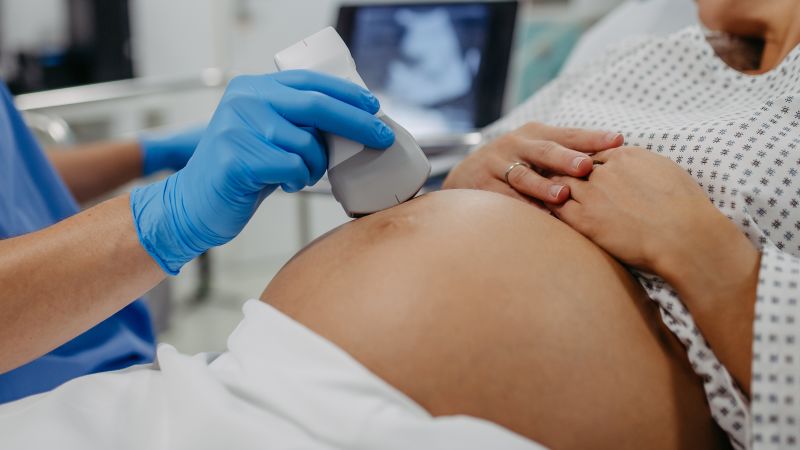
Title: The Impact of Prenatal Cannabis Use on Maternal Health Outcomes: A Comprehensive Analysis
Lead: The use of cannabis during pregnancy has been a topic of debate for decades, with some studies suggesting potential risks to both the mother and the developing fetus. In this article, we will explore the latest research on prenatal cannabis use and its association with various maternal health outcomes.
Paragraph 1: Background Information Cannabis is one of the most commonly used illicit substances during pregnancy. According to recent studies, marijuana use has been on the rise, especially in states where it is legal for recreational or medical purposes. However, despite its increasing popularity, there are still many unknowns regarding the safety of cannabis use during pregnancy.
Paragraph 2: Adverse Maternal Health Outcomes Several studies have linked prenatal cannabis use to various adverse maternal health outcomes. These include gestational hypertension, preeclampsia, placental abruption, and weight issues. Let's take a closer look at each of these conditions.
Paragraph 3: Gestational Hypertension and Preeclampsia Gestational hypertension is a condition characterized by high blood pressure during pregnancy. It can lead to complications such as seizures, stroke, and temporary kidney failure. Preeclampsia is another disorder of high blood pressure that can hinder blood flow in various organ systems and potentially lead to preterm delivery and admission in the neonatal intensive care unit.
Paragraph 4: Placental Abruption Placental abruption is a serious condition where the placenta separates from the uterus before labor. It can be life-threatening for both the mother and the baby. Studies have shown that pregnant women using cannabis are more likely to experience this condition.
Paragraph 5: Weight Issues Weight issues during pregnancy can also pose risks to both the mother and the baby. Pregnant women using cannabis were found to be at a higher risk of gaining too little weight or putting on too many pounds than is healthy for childbearing.
Paragraph 6: Previous Research and Recommendations Previous research has linked prenatal cannabis use with adverse pregnancy outcomes, including small for gestational age, preterm birth, stillbirth, and hypertensive disorders of pregnancy. The American College of Obstetricians and Gynecologists (ACOG) recommends not using cannabis during pregnancy due to these risks.
Paragraph 7: Current Study Findings A recent study published in JAMA Internal Medicine analyzed the electronic health records of over 300,000 early-stage pregnancies recorded in Northern California from 2011 to 2019. The study found that pregnant women using cannabis were more likely to develop pregnancy-induced hypertension, placenta separation, and preeclampsia. They also had a higher risk of gaining too little weight or putting on too many pounds than is healthy for childbearing.
Paragraph 8: Conclusion In conclusion, the use of cannabis during pregnancy has been linked to various adverse maternal health outcomes, including gestational hypertension, preeclampsia, placental abruption, and weight issues. Given the potential risks associated with prenatal cannabis use, it is recommended that pregnant women avoid using marijuana altogether.
Sources:
- Young-Wolff KA, Avalos LM. Cannabis in pregnancy linked to some maternal health problems: a population-based cohort study. JAMA Intern Med. 2024;184(7):935–943.
- Moore B, et al. Marijuana use in pregnancy and adverse birth outcomes: a systematic review and meta-analysis of observational studies. Am J Obstet Gynecol. 2016;215(6):788–798.
- Christakis DA, Milanaik RM. Marijuana use during pregnancy: risks and recommendations for clinicians and public health officials. Obstet Gynecol Clin North Am. 2014;41(3):529–536.








